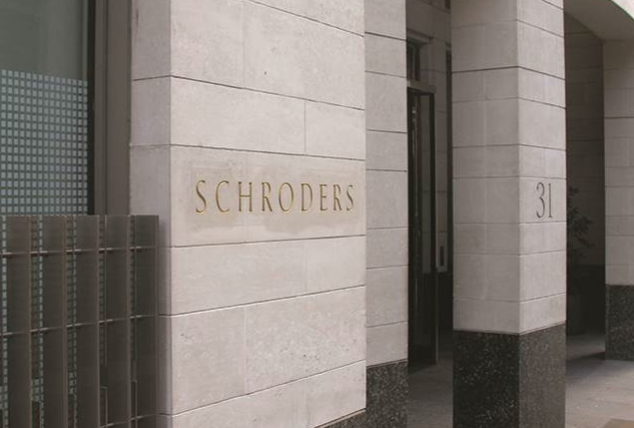Schroder REIT reported its strongest annual results since 2022, with a NAV total return of 11.0% over the 12 months to 31 March 2025.
A 3.4% uplift in the value of its portfolio to £480.0m contributed to a 4.8% increase in NAV to 61.6p per share. With dividends of 3.48p, which were up 4% on the previous year, total return was 11.0%.
EPRA earnings were up 4.3% to 3.5p per share, fully covering the dividend.
LTV was 36.9%, with a debt maturity profile of 8.5 years and a low average interest cost of 3.5% (with 88% either fixed or hedged against movements in interest rates). An ongoing non-core disposal programme should reduce LTV to within its 25-35% target range.
Alastair Hughes, chair of the board, commented:”Although investment and occupational market activity has understandably slowed in response to the recent macro-economic and geopolitical headwinds, the yield premium offered by the real estate sector should still nonetheless support a sustainable recovery over 2025 and 2026.
“Our clear and differentiated investment strategy has delivered share price and MSCI Benchmark outperformance, and a good level of income, over the course of the year, as well as four consecutive quarters of portfolio valuation growth, demonstrating the resilience of the underlying portfolio. It is encouraging that, in many cases, this is being driven by refurbishment and redevelopment initiatives to improve asset sustainability performance, which is enabling us to extract the ‘green premium’ and deliver on our net zero carbon commitments.”
Nick Montgomery, fund manager, added: “As the UK real estate market continues its recovery, the portfolio’s increasing alignment to higher growth sectors and active strategy has enabled us to deliver an increase in the fully covered dividend and our strongest total return performance since 2022. Our focus over the remainder of 2025 is to maintain the positive momentum of recent months. Continuing to deliver sustainable earnings growth by executing on our sizeable asset management programme and crystalising the portfolio’s attractive and peer-leading reversionary potential should support a further rerating of the shares.”
